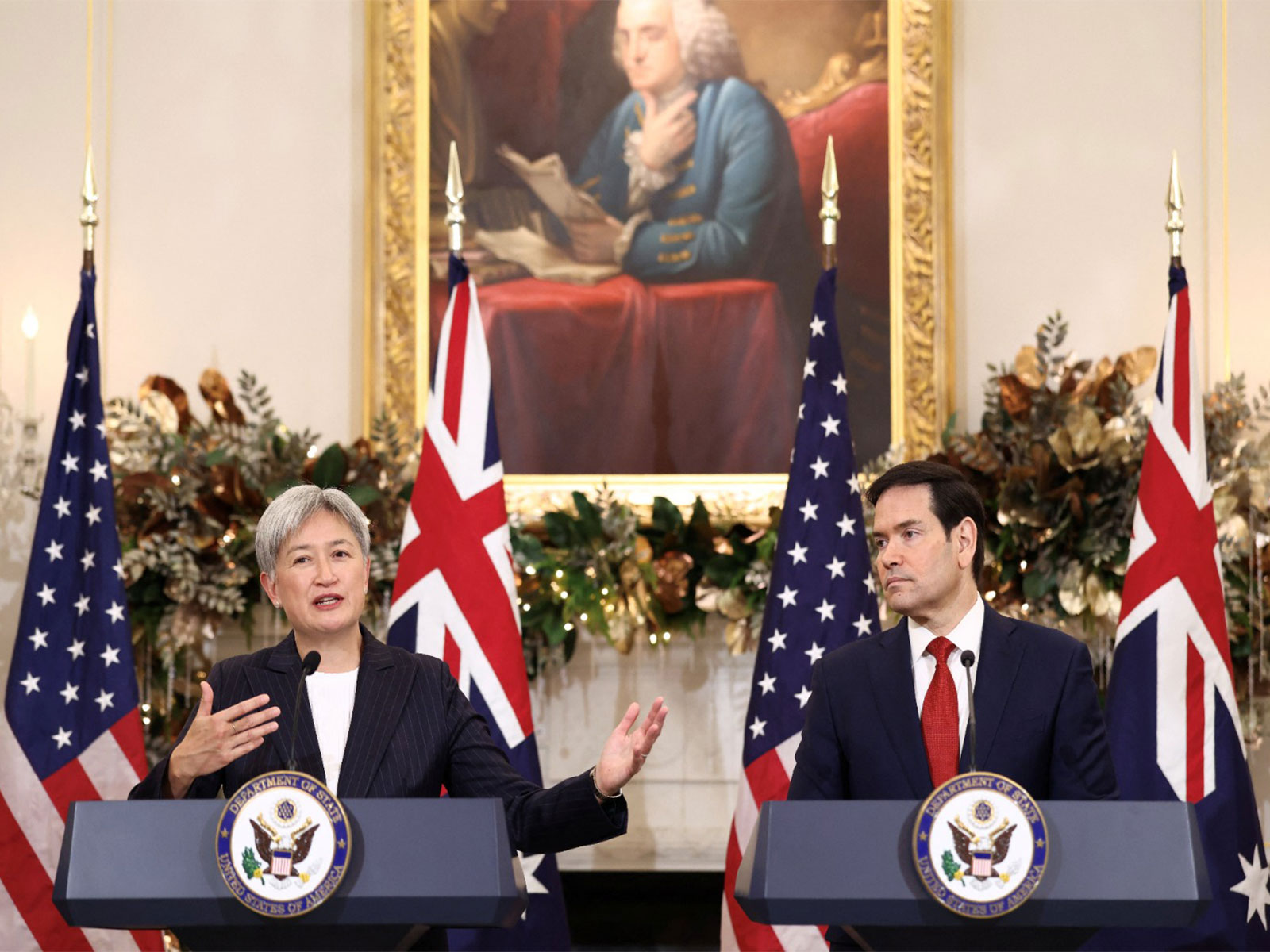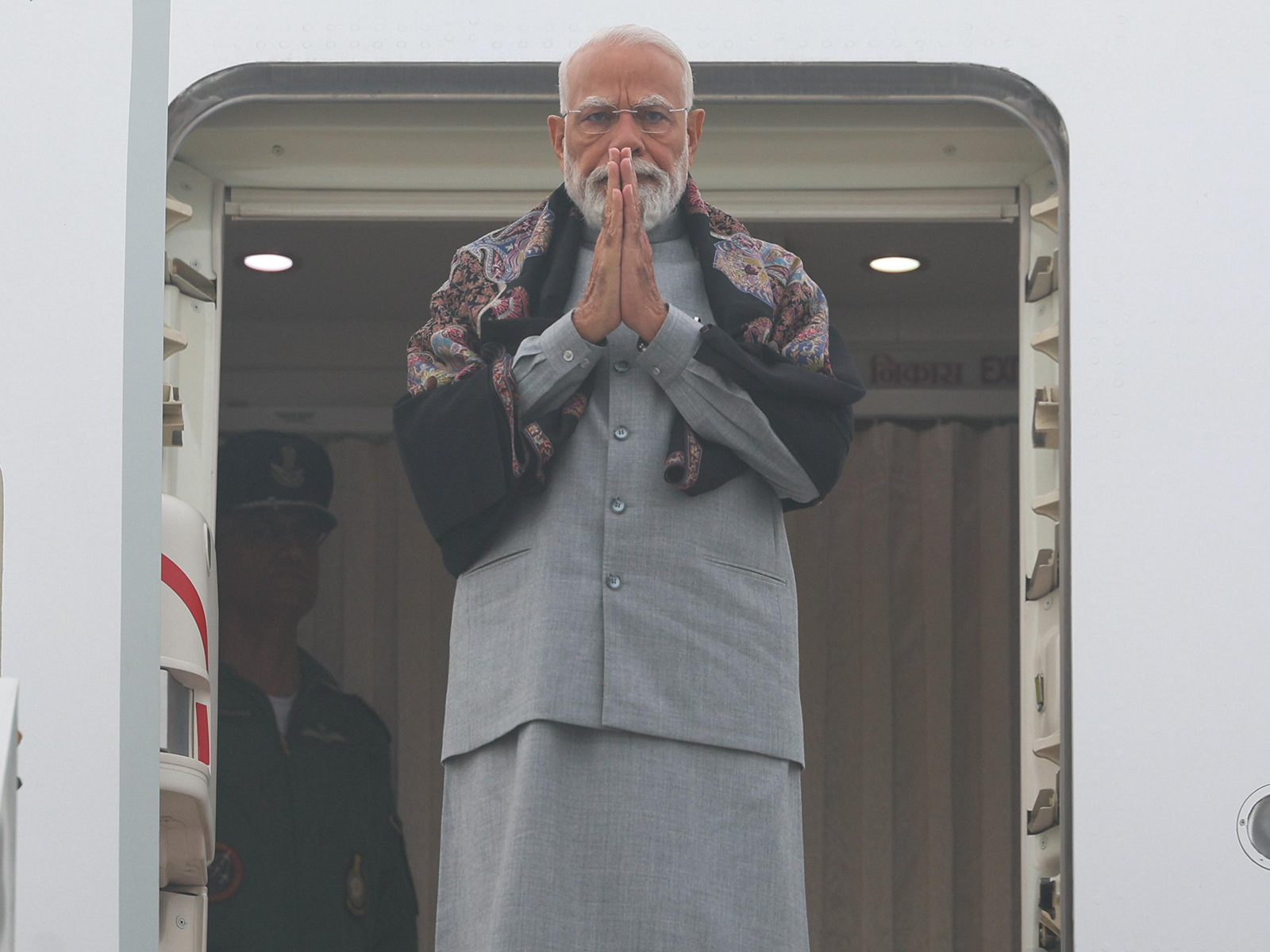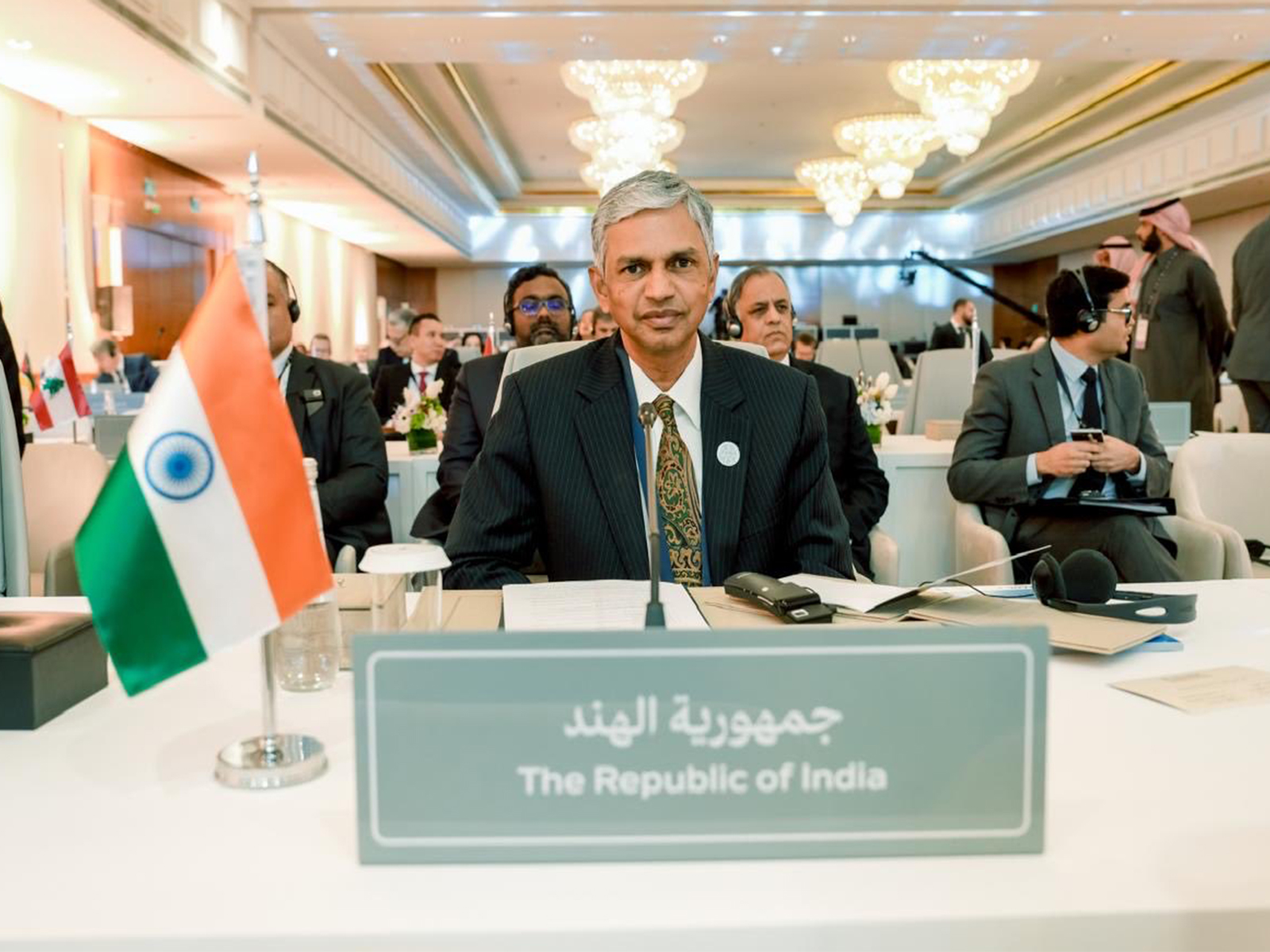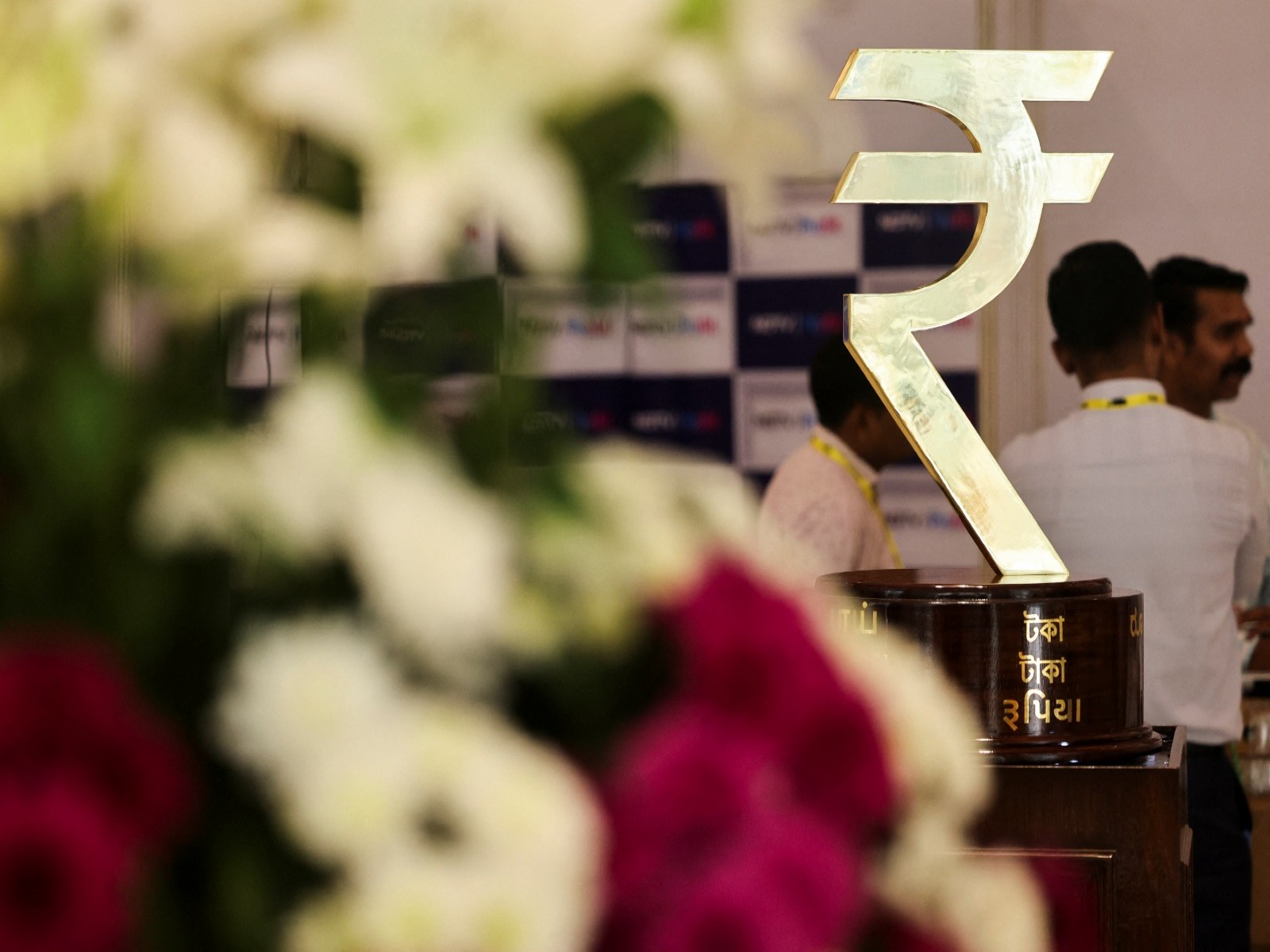Suppressive similarities and common interests unite Taliban, China
Aug 20, 2021

Berlin [Germany], August 20 : Whether it's about violation of human rights or freedom of expression, the Taliban and China stand on the same platform as the former is way radical and conservative while the latter, despite having a long history of development, the communist regime still treats its people as slave, a media report said.
Unlike other countries, China made itself ready for the current unfolding crisis in Afghanistan and held a meet with the Taliban's key leaders in July and termed the terror group a key player in the region. The Chinese were aware way before the current crisis unfolded.
The Taliban -- which claims to be a flagbearer of Islam -- sealed its mouth over Uyghur suppression in China when the terror group's top leader met with Chinese Foreign Minister Wang Yi as it has financial interests with Beijing.
However, China also sees its economic interests in having fair relations with the Taliban as Beijing's presence in Afghanistan will pacify its border region and Xinjiang province.
Beijing had announced earlier in July to invest heavily in Taliban-controlled Afghanistan as both countries share a border of nearly 76 kilometers long and that's not too far from China's Belt and Road Initiative. But possible security threats and opportunities of assistance have drawn Beijing to invest in the Taliban-controlled Afghanistan. However, it's believed that Beijing would take some time to invest and shall focus on the Afghanistan situation as it evolves, DW reported.
Chinese companies have already secured the drilling rights for oil fields. Apart from this, Afghanistan boasts rare mineral deposits that are essential for such things as smartphones, tablets and LED screens.
As far as computer chips are concerned, Beijing currently does not have the technological know-how to compete with Taiwan and South Korea, but access to up to USD 1 trillion (EUR850 billion) in mineral reserves could seriously influence the future of global chip production and ratchet up the pressure on buyers in the United States and Europe, Alexander Gorlach wrote in DW's opinion piece.




















